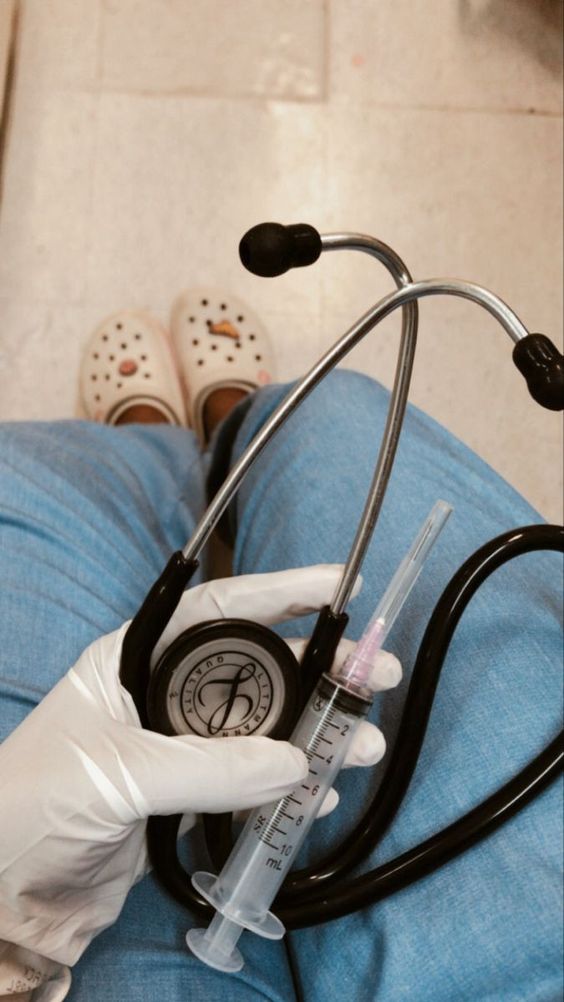Precision Engineering: Unveiling the Science Behind Vital Medical Components

In the realm of modern medicine, where the intricacies of human health demand precision and reliability, the science of precision engineering stands as a cornerstone of innovation. Within this field lies the art and science of crafting vital medical components that underpin diagnosis, treatment, and patient care. From surgical instruments to implantable devices, precision engineering forms the bedrock upon which the advancements of medical science rest. In this comprehensive exploration, we uncover the essence of precision engineering, its applications in healthcare, and the transformative impact it has on patient outcomes and medical technology.
The Essence of Precision Engineering
At its core, precision engineering is an interdisciplinary field that integrates principles from mechanical engineering, materials science, and manufacturing technology to create kmed components with unparalleled accuracy and reliability. The pursuit of precision permeates every stage of the engineering process, from design and prototyping to manufacturing and quality assurance.
Precision engineering involves the use of advanced tools and techniques, such as computer-aided design (CAD), finite element analysis (FEA), and computer numerical control (CNC) machining, to achieve tolerances measured in microns or even nanometers. These tools enable engineers to translate complex design concepts into tangible components that meet the exacting demands of modern healthcare.
Applications in Healthcare
The applications of precision engineering in healthcare are vast and varied, spanning a diverse range of medical devices, instruments, and equipment. Some notable examples include:
- Surgical Instruments: Precision-engineered surgical instruments, such as scalpels, forceps, and retractors, are essential tools for performing delicate surgical procedures with accuracy and control. These instruments are designed to minimize tissue trauma, enhance visibility, and facilitate precise manipulation during surgery, thereby improving patient outcomes and reducing recovery times.
- Implantable Devices: From artificial joints and pacemakers to dental implants and orthopedic screws, implantable devices rely on precision engineering to ensure biocompatibility, durability, and functionality. These devices are customized to fit the unique anatomy of each patient, incorporating advanced materials and surface treatments to promote integration with surrounding tissues and minimize the risk of rejection or infection.
- Diagnostic Equipment: Precision-engineered diagnostic equipment, such as magnetic resonance imaging (MRI) machines, computed tomography (CT) scanners, and ultrasound systems, enables healthcare providers to visualize internal structures and detect abnormalities with remarkable clarity and detail. These devices leverage advanced imaging algorithms and sensor technologies to capture high-resolution images and generate accurate diagnostic information, empowering clinicians to make informed decisions about patient care.
Transformative Impact on Patient Outcomes
The transformative impact of precision engineering on patient outcomes cannot be overstated. By enabling the development of advanced medical devices and technologies, precision engineering has revolutionized the practice of medicine, making previously unthinkable treatments and interventions a reality.
For patients, precision-engineered medical components offer the promise of improved quality of life, reduced pain and suffering, and enhanced longevity. Whether receiving a life-saving implant, undergoing a minimally invasive procedure, or benefitting from state-of-the-art diagnostic imaging, patients stand to gain from the precision and reliability afforded by modern medical technology.
Challenges and Future Directions
Despite its myriad benefits, precision engineering in healthcare is not without its challenges. The complexities of human anatomy, the variability of patient responses, and the demands of regulatory compliance present ongoing challenges for engineers and healthcare providers alike.
Looking ahead, the future of precision engineering in healthcare holds immense promise for innovation and advancement. Emerging technologies, such as additive manufacturing, nanotechnology, and bioengineering, are poised to revolutionize the field by enabling the creation of personalized medical devices, tissue-engineered implants, and targeted drug delivery systems.
Conclusion
In the grand tapestry of human health, precision engineering stands as a beacon of innovation, ingenuity, and hope. From the operating room to the diagnostic suite, precision-engineered medical components form the bedrock of modern healthcare, driving advancements that improve patient outcomes, enhance quality of life, and push the boundaries of medical science.
As we continue to unravel the mysteries of human health and explore the frontiers of medical technology, precision engineering will remain at the forefront of innovation, guiding us toward a future where every patient receives the care they need, when they need it, with precision, compassion, and excellence.




